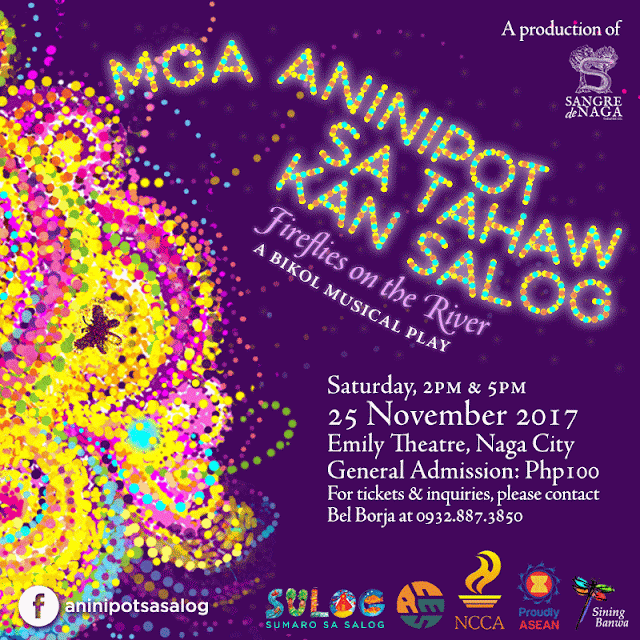Book Review: "Doros asin mga Anghel"
In new book, John Donne speaks in fluent Bikol
Jonas Cabiles Soltes
Top Stories, Bicol Mail, 17 May 2012
 |
But the more than 50 translated works, compiled in the new book Doros asin mga Anghel (Air and Angels), show that the crossing was safe. In fact, the paperback built a much-needed albeit frail bridge over what have been troubled waters of the Bikol language.
What contributed much to the safe passage was the admission of Nierva that “the fundamental intention [of the book] was to translate and nothing more.”
“It was therefore inevitable to aspire to forcibly preserve every original word in its Bikol translation despite several calls for transliteration,” he says in the book’s preface.
In striving to preserve the thoughts and imagery in the poetry of Donne, Nierva, serendipitously or not, succeeded in modestly reviving the bygone Elizabethan era that saw not only the flowering of English Literature but also religious persecution and the moral decadence that came with it.
The persecution and decadence in the era named after Elizabeth I, the monarch that time, made persons renounce their faiths. At the same time, it also made the faiths of many even more fervent.
Donne, as shown by his works, was among those whose faiths were made stronger, even, by the tension and corruption that marked his milieu—the setting successfully brought back to life by Nierva through conservative but sharp translation of the sonnets and elegies penned by the sometimes pompous but consistently pious Donne.
These times when the faith and the decadence that strengthened Donne still pervade, Doros asin mga Anghel makes learning from Donne and his experience easy and personal, especially for those who understand Bikol.
The book, more importantly, serves the purpose of English to Bikol dictionary, the absence of which consequently exposes the lack of orthography or a standardized system of using Bikol, despite its being the mother tongue of millions of Filipinos.
Donne, as one of the most prolific and flamboyant writers of all time, could have used all the English words he knew—the same words that that Nierva translated meticulously to the extent that every English word that Donne used now has a Bikol counterpart.
The achievement, however, remains clouded by the continuing lack of orthography of Bikol, including rules of spelling, grammar and composition. As a result, the rules that Nierva followed and used in translating every word in selected poems of Donne could remain his and his alone.
The book has other flaws, including the failure of Nierva to explain even in brief the use and meaning of diacritical or accent marks that he extensively used. It could have been better, also, if the book had included the original poems of Donne for easy reference and as rightful homage to a person with immense legacy.
But there is no denying that the second book of Nierva could make him a Julius Caesar of Bikol Literature, or a trailblazer at least. He did not only translate the works of Donne. He made the revered Englishman speak in fluent, heartfelt Bikol.
Note: "Doros asin mga Anghel" is published by the Ateneo de Naga University Press, Naga City, 2012.


Comments